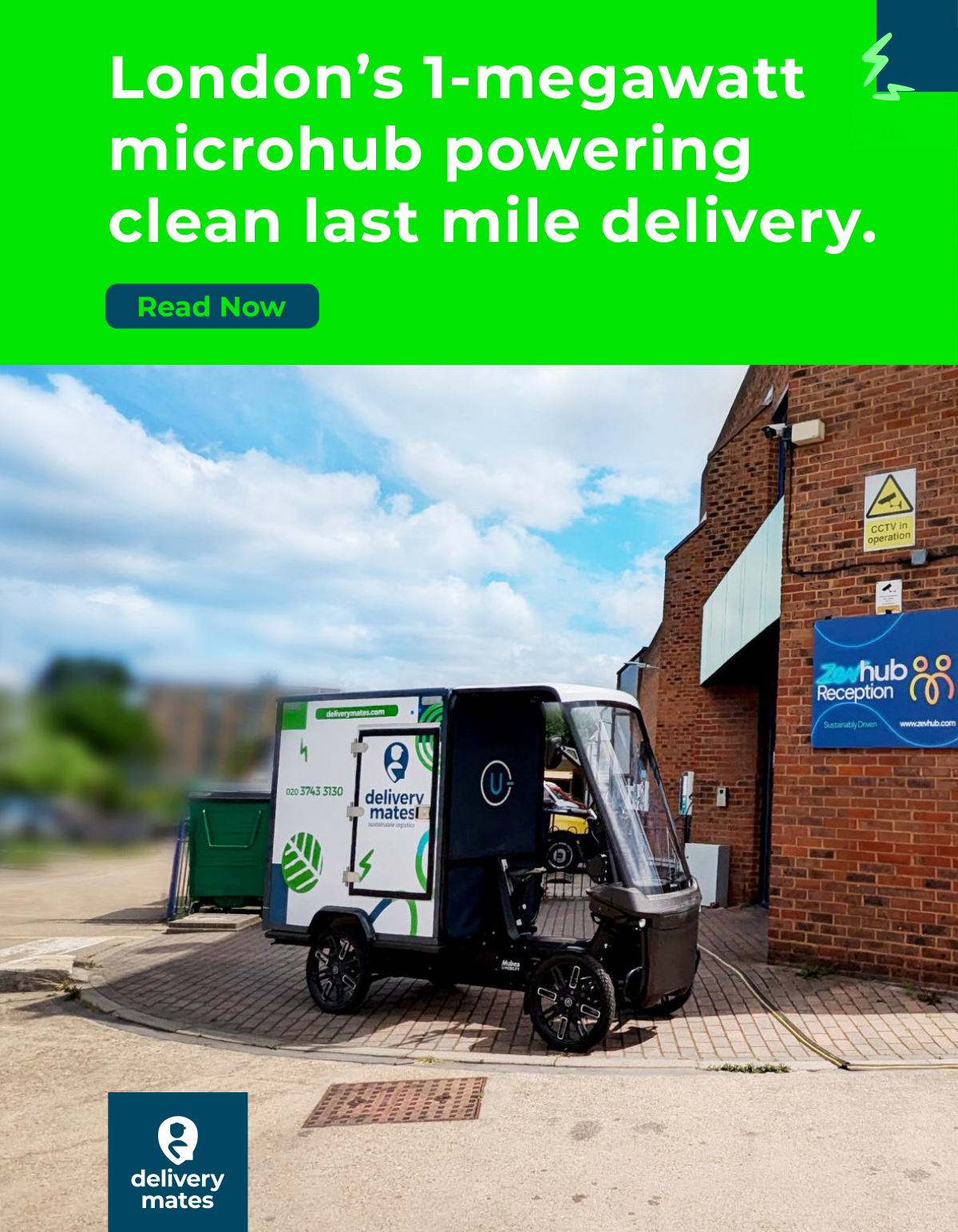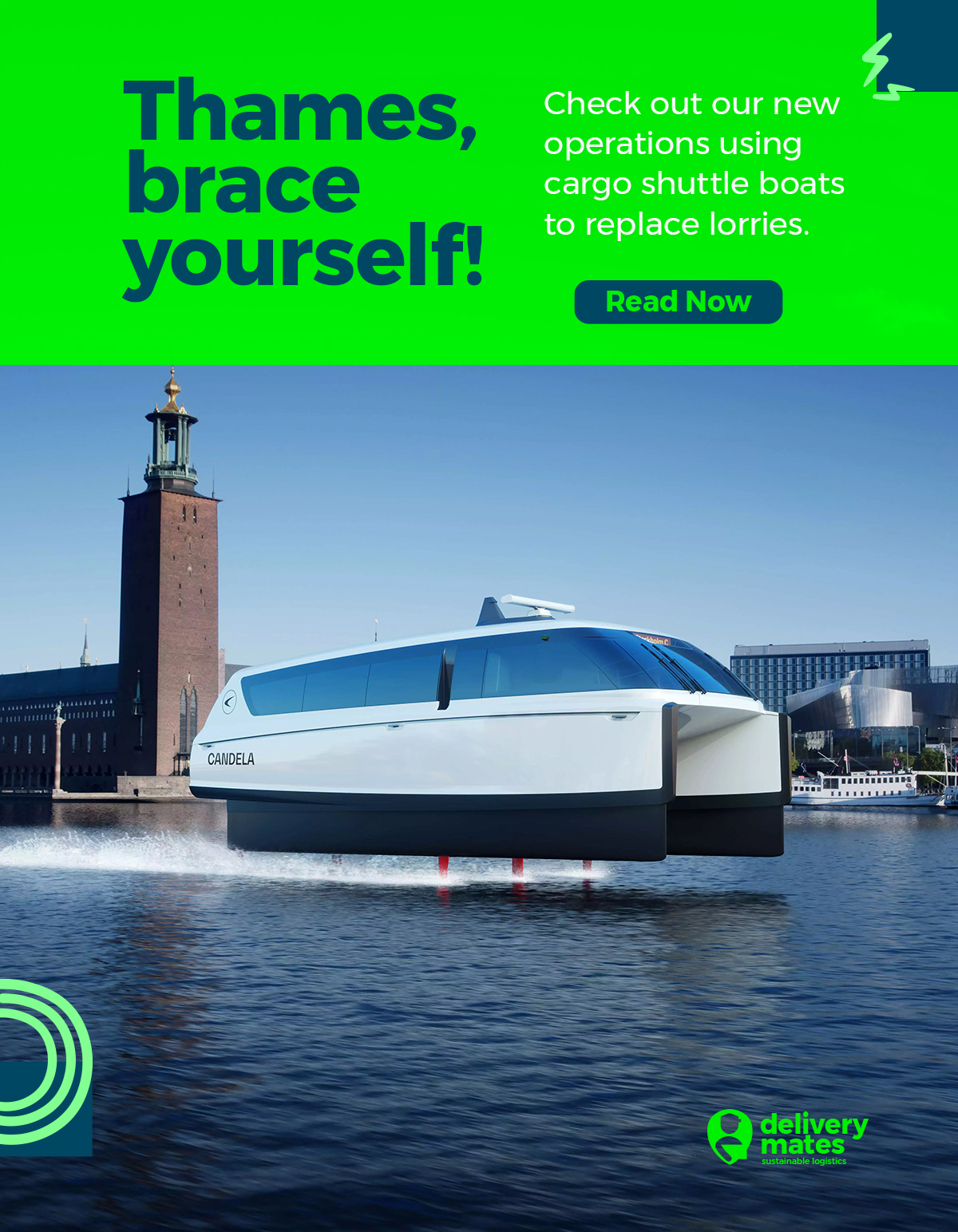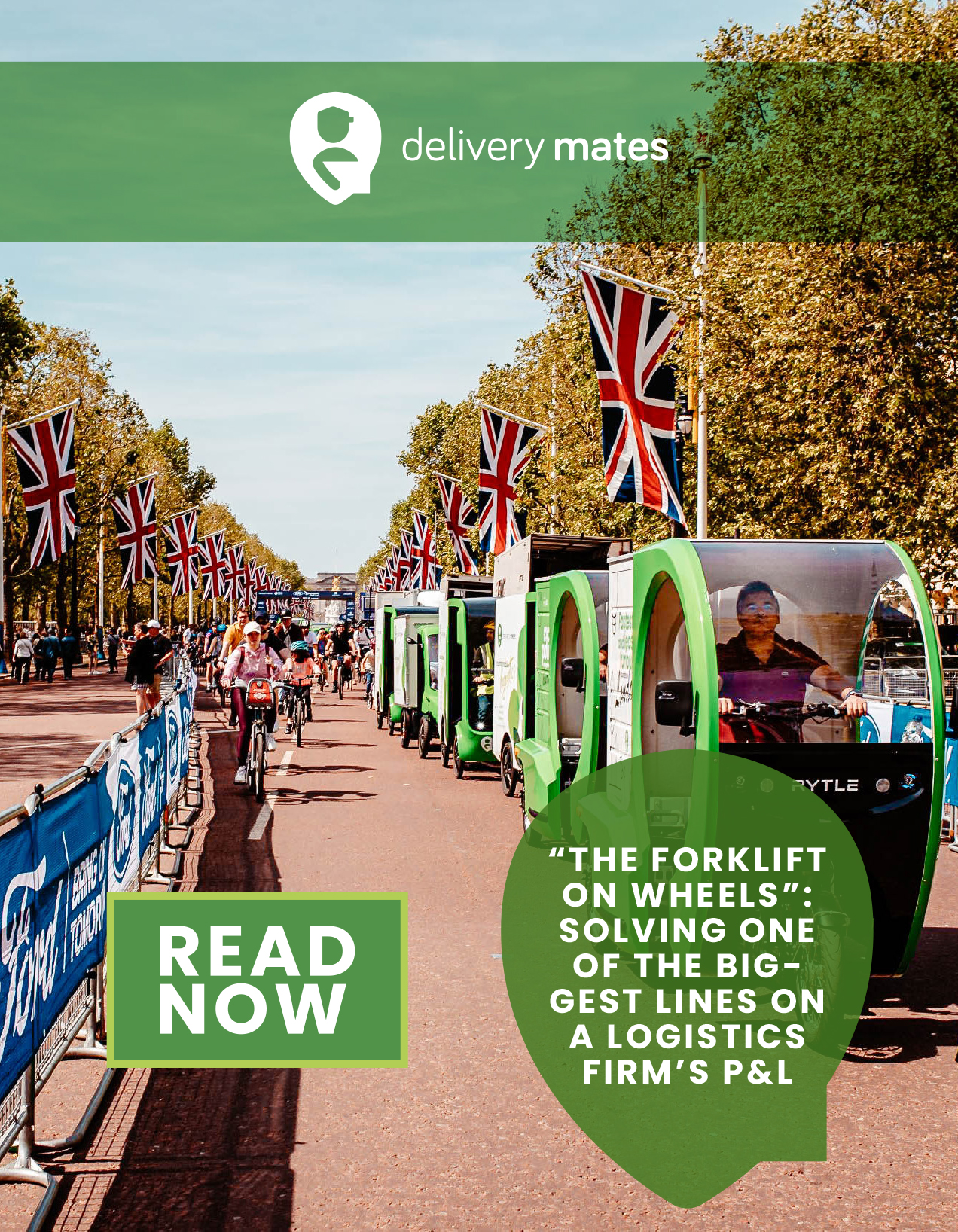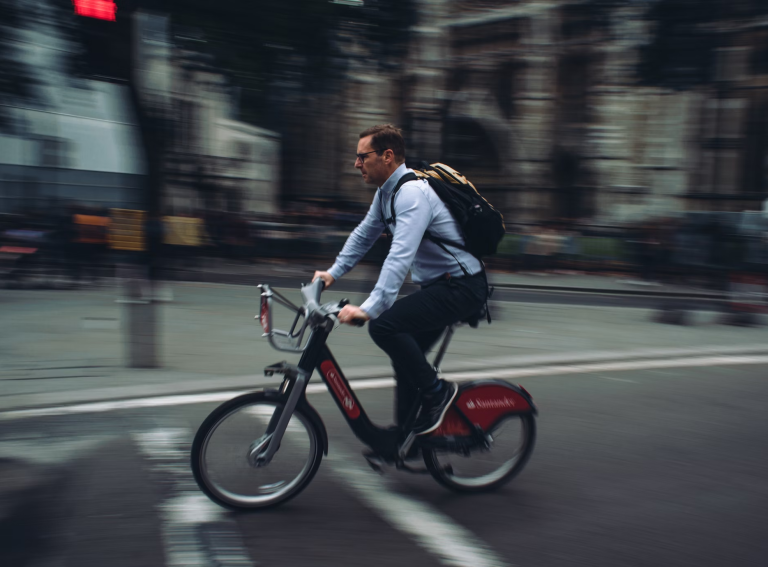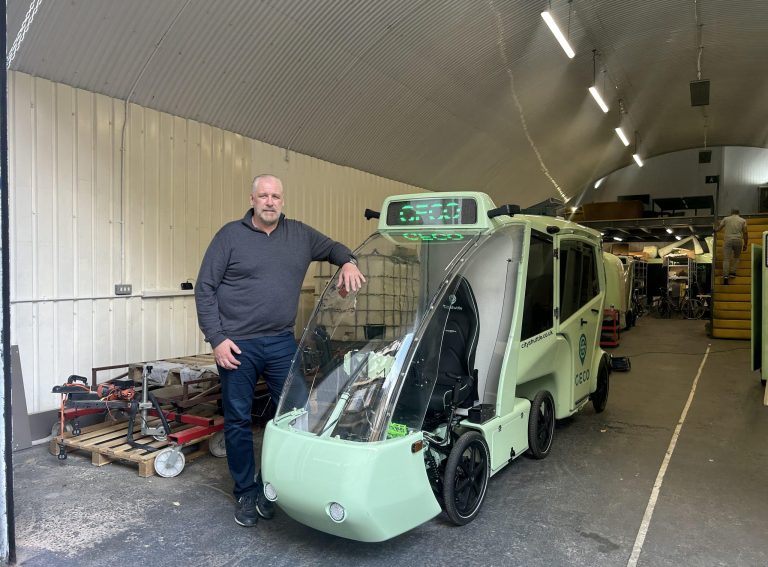Multimodal hubs in poorly connected areas and mobility credits are among the top five best solutions for ensuring an equitable transition to clean mobility, according to Clean Cities Campaign’s latest report.
The study Win-Win: 5 fast and fair solutions for cleaning up urban transport proposes five solutions for city leaders and governments to help balance the overall health benefits of a clean transport policy and the short-term impacts of their implementation.
Clean cities’ list includes mobility credits such as scrappage schemes, support to buy bicycles, reduced fares for at-risk groups and social leasing of electric vehicles.
The report highlights that these are successful transport policies to help tackle air pollution and the climate crisis, while supporting low-income households, citizens living in poorly connected areas and people with disabilities.
It calls on city leaders and governments to prioritise such policies and urgently put in place a short-term package fund, besides setting a clear target for zero-emission urban transport by 2030.
Solutions
According to the report, the implementation of multimodal hubs can make clean alternatives cheaper and increase access in areas where people are affected by transport poverty and forced car ownership.
While the initiative is seen for the medium term, the investment costs of these hubs could be a few thousand euros if no large infrastructure is required.
If additional vehicles and infrastructure such as charge points are required, the cost could increase to a few hundred thousand euros. The report lists Scotland’s “Shared Transport for All” as an example of a successful implementation of this policy.
Mobility credits in the form of scrappage schemes is a short-term solution that requires funding but has neutral cost-effectiveness. It can give grants to specific groups to scrap or retrofit their older vehicles for cleaner modes of transportation.
With over 300 subsidy schemes across Europe, support to buy bicycles to replace cars can be offered to individuals, public entities or businesses. While it also requires funding, the report indicates that this policy has positive cost-effectiveness due to cycling societal benefits of one euro per kilometre travelled.
Social leasing of electric vehicles is listed as a medium to a long-term policy, as it needs charging infrastructure investment in addition to funding. It contributes by making EVs more accessible for low-income households.
“Clean and affordable transport options should be available and accessible to anyone in cities, regardless of their background or situation,” Barbara Stoll, Director of the Clean Cities Campaign, told Zag Daily.
“Our report shows that bikes and e-scooters can be part of the solution if they represent an attractive alternative to cars, especially on trips that are too long to walk and where they link well with the public transport network. One of our top five recommendations is for shared mobility hubs to be set up in poorly connected areas – this can help cities tap into the potential of micromobility in a healthy, convenient and well-regulated way.”

